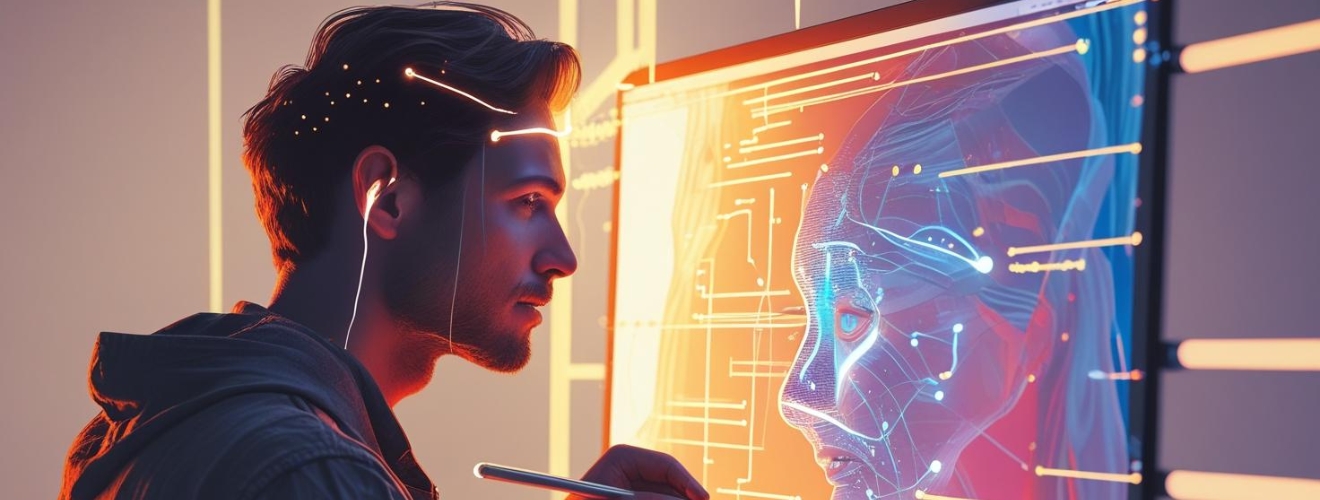Media & Entertainment
AI-Generated, Ethically Vetted: Rethinking Content Creation in the Age of Automation

When Creativity Meets Code, Who Draws the Line?
Generative AI has turned content creation on its head. What once took a team now takes a tool, and the results—from realistic deepfakes to viral AI scripts—are reshaping the internet. But with great creation power comes greater ethical complexity. Who’s regulating this fast-moving frontier? And how do we ensure AI-generated media doesn’t cross social and legal boundaries? The conversation around AI-regulated content ethics is heating up, and platforms can no longer afford to stay neutral.
Deepfakes and the Dilemma of Digital Identity
AI-powered deepfakes have sparked creativity and chaos in equal measure. Whether it’s satire, entertainment, or malicious impersonation, deepfakes challenge our ability to trust what we see. Ethical concerns range from consent and misinformation to reputational harm, pushing platforms to rethink their stance on what’s permissible and what’s punishable.
Generative Tools and Creative Accountability
From AI-written scripts to auto-generated music, creators are increasingly blending human intent with machine output. But when content goes viral or causes harm, who’s held responsible—the user, the AI, or the platform? This grey area is forcing content platforms to build frameworks that prioritize transparency, attribution, and clear usage disclosures.
Platform Governance and Social Compliance
It’s no longer enough for platforms to simply host content—they’re now expected to moderate AI-generated material in line with evolving social norms and legal expectations. This includes flagging manipulated media, enabling user reporting, and embedding ethical guardrails into creation tools. Regulation is becoming proactive, not reactive.
Building Ethical AI Societies
Beyond individual platforms, a new ecosystem of AI societies and regulatory bodies is emerging to address systemic risks. These groups push for standardized ethical guidelines, AI literacy, and collaborative compliance models that span industries. It’s a sign that AI in media isn’t just a technical issue—it’s a societal one.
Conclusion: Creating With AI, But Ethically
The future of content creation is undeniably AI-assisted—but whether that future is empowering or exploitative depends on how seriously we take ethics now. From platform governance to global policy, every stakeholder must step up. Because when creation is limitless, responsibility must be too.
Tags:
Digital Content CreationMedia Security TechnologyMedia Tech InnovationsAuthor - Aishwarya Wagle
Aishwarya is an avid literature enthusiast and a content writer. She thrives on creating value for writing and is passionate about helping her organization grow creatively.